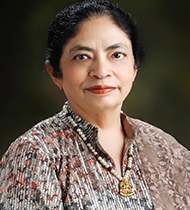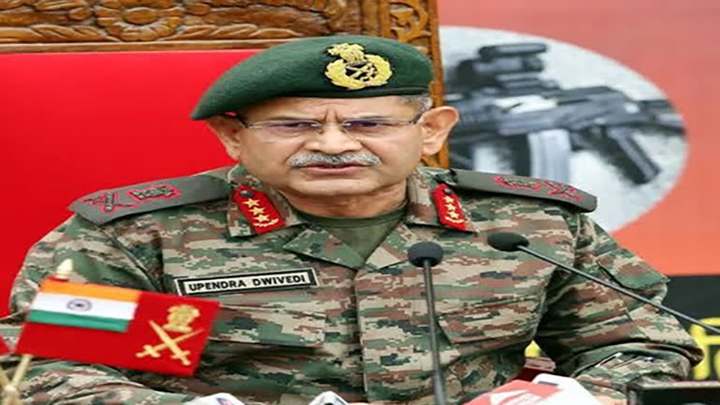
Binoo Joshi
JK News Today’s Special Commentary
A critical point made by Northern Command chief Lt. Gen. Upendra Dwivedi while speaking about addressing the issue of terrorism in Rajouri-Poonch districts was to strive to build a better connect with the local population . This forms crux of the solution of the region being a matter of concern.
It emerges that the Northern Command chief is drawing a roadmap for the troubling situation in the region by connecting the dots. This is another way of saying that all the causes and solutions are there provided the thread that had suffered a strain over the years is repaired. It is a repair work at places and also it is about creating new knotless threads of relationship in which communication sits at the core .
The assessment of the situation made by army chief Gen. Manoj Pande and Gen. Dwivedi about Rajouri-Poonch , the southern Pir Panjal region is same that the terror activities are on rise but will be controlled soon. Gen, Dwivedi told the nation through media: “ you will see that this problem too would be addressed in the coming days.” It means that there is a problem , and it requires new strategies alongside the basics of fighting terrorism rooted in the rule book . The dynamics of the situation change over a period of time . That’s what has happened in this region .
The real issue is , how to connect with the people of diverse ethnic and religious communities , and that too in high mountains and hamlets nestled in hills and inaccessible areas , this calls for a case study . There has to be a roadmap- based on both long and short term . The long-term approach makes it imperative to understand the history, geography and the ever-changing requirements with the passage of time . And short-term is accidental or arising out of exigencies
Short-term response is needed at the time when the people fall sick and have no means to reach when the people are sick or caught in accidental situations , like fire , floods, or other emergencies . Arranging an ambulance for a pregnant lady or shoulders elderly people to hospitals , make last lasting impression , the people are left in sense of gratitude long after they return after treatment . The Indian army has a spectacular record in rendering such services . These have been acknowledged and the people love to stand with the soldiers on all occasions.
Read between the lines , what Gen. Dwivedi said calls for better connect . This leads to two conclusions – one , there is a need to improve upon the existing level of connect, and second that there are gaps between the two sides that needed to be filled as soon as possible . The underlying thesis is that when our own house is in order, the external forces cannot undo the good work .
In late 1980s, when the militancy erupted in Kashmir , it was blamed on Pakistan . Rightly so because Pakistan had been working on this project for decades , through wars and its propaganda about Kashmir . It could not succeed , though the fact was that there had been certain percentage , some say 5 per cent , that fixed its hopes on Pakistan . What changed in late 1980s, especially after the 1987 Assembly polls which were rigged , a fertile ground for militancy emerged . Pakistan took advantage of it . It succeeded where it had failed over decades .
In Rajouri-Poonch , Pakistan has been playing this game over the decades. It failed and succeeded alternatively because the population knew courting guns and bombs is a recipe for disaster . Once the militancy died its own death in the region , the population was taken for granted . Its local grievances were left unaddressed. Its tourism and power projects were left hanging in balance . The army was not responsible for this state of affairs , but it paid for the ill- consequences that it brought about. The growing anger against the system helped Pakistan to find place for its designs yet again . The infection has an inherent at this point in time is at a very miniscule level , but the problem is that infection spreads fast . And what happened on December 22 , a day after four soldiers were killed in an ambush , has deepened the infection . This needs a clear understanding that the killing of three civilians has spread as a collective pain much beyond the deep sense of victimhood to the next of the kin of the victims . That such incidents should not be repeated is must. Alongside there is need to correct all the fault lines , and the consequence of that would be that topography of the area , which is considered tough and hostile to the forces will turn to their advantage , once the people are on their side , all the barriers are challenges are bound to disappear . That is what Gen. Dwivedi is looking at .
(Binoo Joshi is a renowned journalist based in Jammu and Kashmir, worked with BBC, AP and India Abroad , currently Editor of JK News Today , fast expanding digital media platform in north India)





